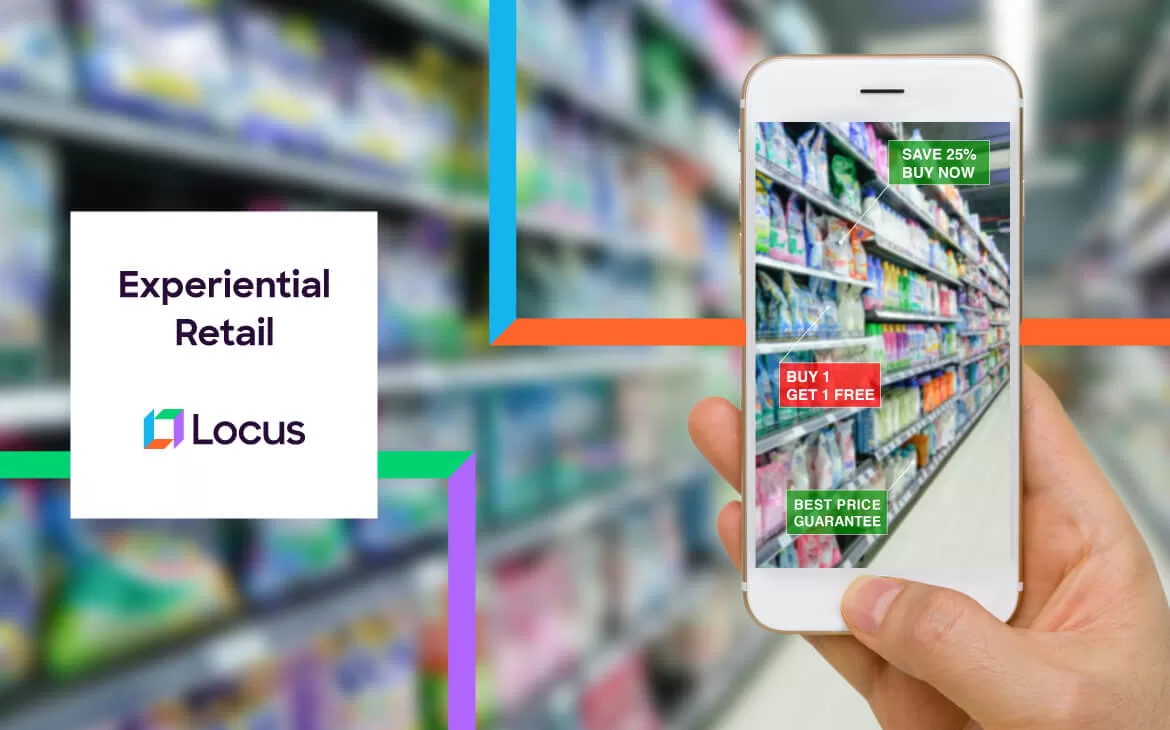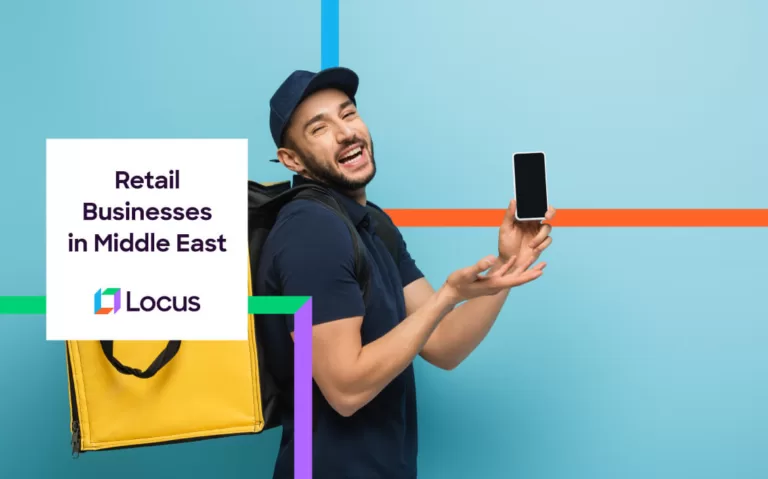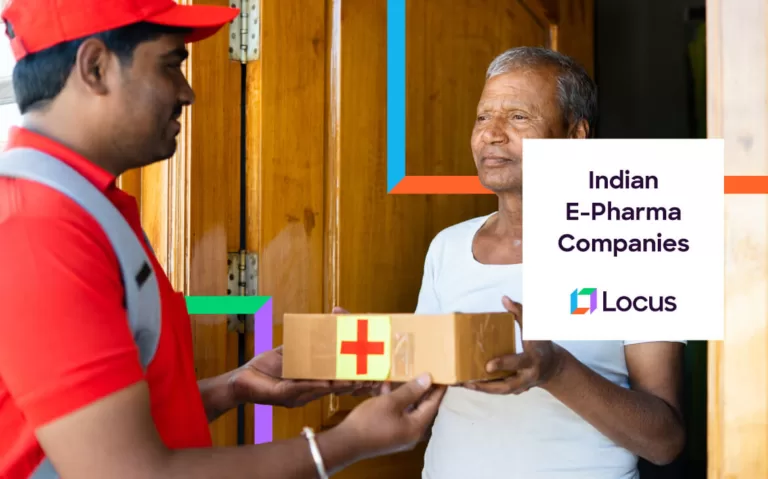Blog, E-Commerce, General, Retail & CPG
Why Experiential Retail Might Just be The Secret to Customer Success
Mar 28, 2022
9 mins read

A lot has been said about online shopping as a great disruptor of traditional retail marketing. And, to be honest, no one can deny the benefits it brings to brands in terms of broader consumer reach and sales. But the online e-commerce space is still a tiny portion of the entire retail industry turnover. A balance between e-commerce and a brick-and-mortar approach is necessary to ensure the comprehensive satisfaction of consumers’ needs.
Many retailers have leveraged experience centers to gain more than just high sales. They are more also on an elevated customer experience, connection, and personalization. Let us explore how these practices in retail boost store footfalls and the importance of leveraging new technologies and approaches.
What is experiential retail?
Experiential retail, also known as experiential commerce, is a customer-centric form of retail marketing. When customers visit stores, retailers aspire to offer them value beyond the traditional buying experience. For example, clothing stores enable customers to browse and try out the merchandise in person, get helpful suggestions from the human sales staff, and receive a seamless checkout experience with automated cashiers. These are the most basic forms of experiential retail, and many brands have taken next-level efforts with this kind of retail marketing.
Experiential retail focuses on creating experience centres that provide memorable buying journeys for customers, which makes them come back for more.
Brands are taking a more advanced approach with experiential retail by staying flexible to attract their diverse target consumers. Experiential retail marketing aims to provide value across four key categories, namely:
Convenience
Retailers focus on meeting the expectations of consumers who are more drawn to quick service and convenience. They allow customers to compare the current online rates of the products with in-store prices and even allow them to get a quick self-checkout in under 30 seconds. It is possible by implementing technologies like radio frequency identification (RFID). Consumers can instantly access product information and billing when products are put in the RFID tray. Myntra’s Roadster Go (India) store is a fine example of this category. The brand provides buyers with a hi-tech omnichannel experience through its in-store implication of RFID, which also creates a smooth purchasing experience.
Similar to RFID, stores also embed QR codes for quick payments. Usually, you can find QR code pallets for multiple payment services in grocery stores. Brands serve product information by embedding customized URLs into QR codes imprinted on product labels as well. These technologies have brought high convenience to both brands and end-consumers in multiple ways. QR code generators allow brands to design codes as per their business marketing scheme.
Immersive experiences
Retailers are also experimenting with providing an enhanced customer experience by building an immersive environment. Virtual and augmented technologies (VR/AR) are the ones mostly used to create an immersive shopping space in online stores. But how are brands doing it offline?
Gentle Monster, a South Korean optical and sunglasses brand, has retail shops featuring themed installations and sculptures that create the atmosphere of a contemporary art gallery for buyers. To ensure that customers have engaging in-store interactions, the brand uses fragrance, plays music and frequently changes the store’s look to maintain its freshness.
Curated and personalized offerings
Are you aware that fast-developing companies drive 40 % of their revenue from personalization in comparison to their slower-developing counterparts? Thus, product curation becomes crucial here. Retailers are focused on organizing unique product selections for their consumers depending on their interests and past buying shopping behaviours.
Dresden, an eyeglass retailer, allows shoppers to get design their glasses from scratch. Customers can choose their favourite colour combinations and frame styles, and the store makes this highly personalized eyeglass for them.
Community
Community marketing enables shoppers to enlist others’ help in making purchase decisions. Interacting with other consumers gives them a deeper understanding of the products and services they are interested in. South Korea’s beauty retailer Style Nanda has been leveraging this tactic. The store offers a shareable interior and layout that has been attracting a high number of customers.
Experiential retail is meaningfully changing how the sector operates, as:
- Brands now prioritize boosting customer engagement more than sales.
- Retailers providing immersive and shareable consumer experiences are on the rise.
- This type of retail practice can stimulate consumers’ purchasing senses. They also put effort into addressing customer expectations.
- They allow brands to leverage hi-standard in-store services and set up appealing events.
The importance of omnichannel retail strategies and optimizing last-mile fulfilment
Omnichannel strategies enhance the accessibility of shops to consumers, boost sales rates, across multiple touchpoints. By providing broader channels for customers to engage with the brand, they improve the consumer experience on the web, mobile and physical stores.
At present, 94 % of B2B decision-makers believe that omnichannel sales strategies are equally or more effective than the sales model used before the pandemic. It indicates that a majority of consumers have a higher chance of visiting a store if they are exposed to it through multiple channels.
This shows that omnichannel strategies not only scale-up online traffic but also significantly work in driving footfalls in physical stores as well.
Omnichannel retail also enables customers to begin and complete purchases through different channels. For instance, customers can check out the in-store product availability then book and pay online to get it from the nearby store. This consistent flexibility smooths out the buying journey of consumers. Also, it helps in sustaining a healthy relationship between consumers and marketers.
Adapting to changing trends is very crucial when it comes to the retail market. The industry has seen a drastic evolution in all its vital aspects. Be it consumer demands, tech disruption, or a shift in buying behaviours, not being able to keep up with such changes can become an obstacle for retailers to thrive in today’s market.
Role of last-mile fulfilment
As consumers are moving towards e-commerce shopping to meet their needs, faster delivery has become a demanded expectation. According to estimates, the global market for last-mile delivery might reach up to $200 billion by 2027 due to increased online sales.
It has been seen that retailers are pushing to offer same-day delivery as a market standard, in a bid to earn higher sales from consumers and their loyalty. In fact, in a consumer survey conducted by PwC, 41% of consumers are even ready to pay premium shipping rates for fast delivery services.
How COVID-19 has changed the face of retail
Covid-19 has emphasized the need for the safe and contactless delivery of goods, including aggregator delivery and curbside pickup. Retailers also seem to reassess store formats to encourage 3rd-party delivery assistance. A few vital new-age retail fulfilment strategies that marketers are using include:
Using retail spaces as dark store fulfilment centres
Dark stores refer to the conversion of conventional retail outlets into local fulfilment centres. Due to the increasing adoption of online shopping, in-store footfalls have decreased. Hence, converting a portion of their general retail spaces into dark stores seems to be a wise decision at the moment. Having frozen and refrigerated sections can fulfil the demands of the cold supply chain for groceries online orders. Given its proximity to consumers and a carefully curated inventory of essential goods, these spaces can meet the delivery of essential purchases in short time frames as quickly as within an hour.
Converting retail stores into micro fulfilment hubs
Micro-fulfilment refers to a new-age retail strategy to scale up order fulfilment services. Retailers need to establish small distribution centres nearby abundantly populated urban locations. It helps them to stay close to consumers and deliver orders more efficiently.
These micro-fulfilment centres (MFCs) are equipped with highly-automated systems that increase the scalability of fulfilment options. They practice store optimization for better product stacking, and robots are employed for product pickups. Hence, labour and last-mile shipping costs are significantly reduced, which enable fast order delivery.
Big-shot companies in the industry like Walmart, Amazon, and Target are already leveraging MFCs to perform micro-mile deliveries. For instance, click-and-collect, same-day home shipping, or curbside pick-up.
Partnering with e-commerce brands to fulfil customers in high-density order areas
Businesses can work with multiple e-commerce brands to discover new target locations to expand their services. It will help them to determine the kinds of technology adoption they need to move closer to their consumer base. Retailers can team up with partner brands to satisfy various shipping scenarios to figure out which methods work best. Such strategic partnerships can boost sales and bring convenience to consumers.
The role of logistics tech in enabling faster and more streamlined last-mile fulfilment for retail brands
If brands want to get the most out of their investment, fulfilling consumers’ demands on time is quite important. Onboarding with reliable delivery software can be a key driver of success for MFCs. To that end, partnering with reliable and innovative logistics solutions providers like Locus can assist businesses in proper planning and scheduling deliveries.
Aside from this, brands get the following advantages as well:
- Automated route recommendations that help drivers complete maximum orders deliveries by travelling minimal distance.
- Real-time tracking of deliveries that help in detecting and eradicating any obstacles in last-mile logistics. It also provides visibility to the consumer on their orders, thus improving their experience.
- Dynamic route planning features balance pre-planned deliveries with no interference to defined delivery time slots.
- Data analytics capabilities help marketers to find out gaps in operations, which can be rectified to improve the rate of on-time deliveries.
Conclusion
The article looked at the examples and methods of experiential retail. It also looked at the importance of combining the strength of digital and physical assets, i.e., omnichannel retail strategies. Retailers can provide quick transactions, exclusive purchases, meaningful connections, and solutions to consumer pain points by adopting the right technology solutions. A well-thought curation of products/services and experiences is the future of retail.

Authors Name: Jyesht Diwani
Related Tags:

Blog
Why Changing Dynamics in Middle East’s Retail Sector Mean New Growth Opportunities
Retail will be the future and growing sector in the Middle East. Know how logistics solutions can give retailers the competitive edge to win in a new environment.
Read more
Healthcare / Pharmaceutical
Why Indian E-Pharma Companies Need Automation and Digitalization in the Last Mile
The automation and digitization of E-Pharma companies in India are essential for the growth of the e-commerce pharmacy home delivery service. Read more!
Read moreMOST POPULAR
EDITOR’S PICKS
SUBSCRIBE TO OUR NEWSLETTER
Stay up to date with the latest marketing, sales, and service tips and news


Why Experiential Retail Might Just be The Secret to Customer Success